What is a learning disability? The National Center for Learning Disabilities (NCLD) defines a learning disability as “a characteristic having a negative impact on learning that affects a person’s speech, listening, thinking, reading, writing or spelling.” But these very real challenges are often misunderstood.
In 2013, Science Daily reported that specific learning disabilities (SLDs) account for 10% of the population affected. Students are frequently affected by more than one SLD, complicating their learning style.
Students with identified SLDs, such as dyslexia (reading-base), dyscalculia (math-base) and attention deficit/hyperactivity disorder, encounter challenges before reaching their academic and personal potential. SLD programs in schools are essential in providing student-centered services to implement, teach, mentor and provide accommodations for learning differences.
A thriving learning services program provides accommodations to give equal access to learning for those with diagnosed learning limitations. According to The National Dissemination Center for Children with Disabilities, accommodations are specific changes or modifications that help a student overcome or work with their learning difference to reach academic equality.
For example, a student who has trouble with motor skills in writing may have an accommodation that allows her to give her answers orally. This student is still expected to know the same material and answer the same questions as her peers, but she is excused from having to write out her answers to demonstrate her knowledge.
Archer’s program, The Department of Learning Services, provides students with identified learning differences positive student-centered support and reasonable accommodations; it also helps empower students to become more independent and self-advocate. Catie Chase, the new Director of Learning Services, works to ensure that Archer’s program serves students, parents, teachers and the administration in the context of providing “best support practices” for Archer students with diagnosed SLDs.
An LD specialist is someone who has education, training and experience in strengthening students’ learning skills by understanding their learning style, strengths and areas of growth. Chase says that “advocating for students to practice self-advocacy skills [i.e., asking for help when they are unclear, meeting with her when they have a question about their accommodations, and/or communicating with teachers when needed] is vital to academic and personal success, especially those with an identified SLD.” Chase adds that a student will not meet her true potential if she is not properly diagnosed and supported through a learning services program.
As our education and technology advances, Chase adds, people are more aware of cognitive differences. We know more about students with SLDs: how their brains function, what practices are best for optimal learning opportunities, and how they can advance their skill set. With education and tolerance, our society is slowly starting to understand that SLDs are, in fact, nothing more than learning differently.
When asked what is unique about Archer’s Learning Service program, Ms. Chase said, “Teachers at Archer care to see all students succeed and meet their potential.” She adds, “Many people…teachers included, misunderstand students with SLDs as being ‘lazy’, or ‘stupid,’ and clearly research indicates otherwise. If proper and reasonable student-centered support systems are in place [as they are at Archer, such as accommodations, tutoring, and communication with teachers, parents and students], then a student has the proper foundation to achieve success.”
Ms. Chase ended by saying, “There are many success stories that capture the human spirit in my profession, striving for perseverance and grit.”




![Freshman Milan Earl and sophomore Lucy Kaplan sit with their grandparents at Archer’s annual Grandparents and Special Friends Day Friday, March 15. The event took place over three 75-minute sessions. “[I hope my grandparents] gain an understanding about what I do, Kaplan said, because I know they ask a lot of questions and can sort of see what I do in school and what the experience is like to be here.](https://archeroracle.org/wp-content/uploads/2024/03/grandparents-day-option-2-1200x800.jpg)
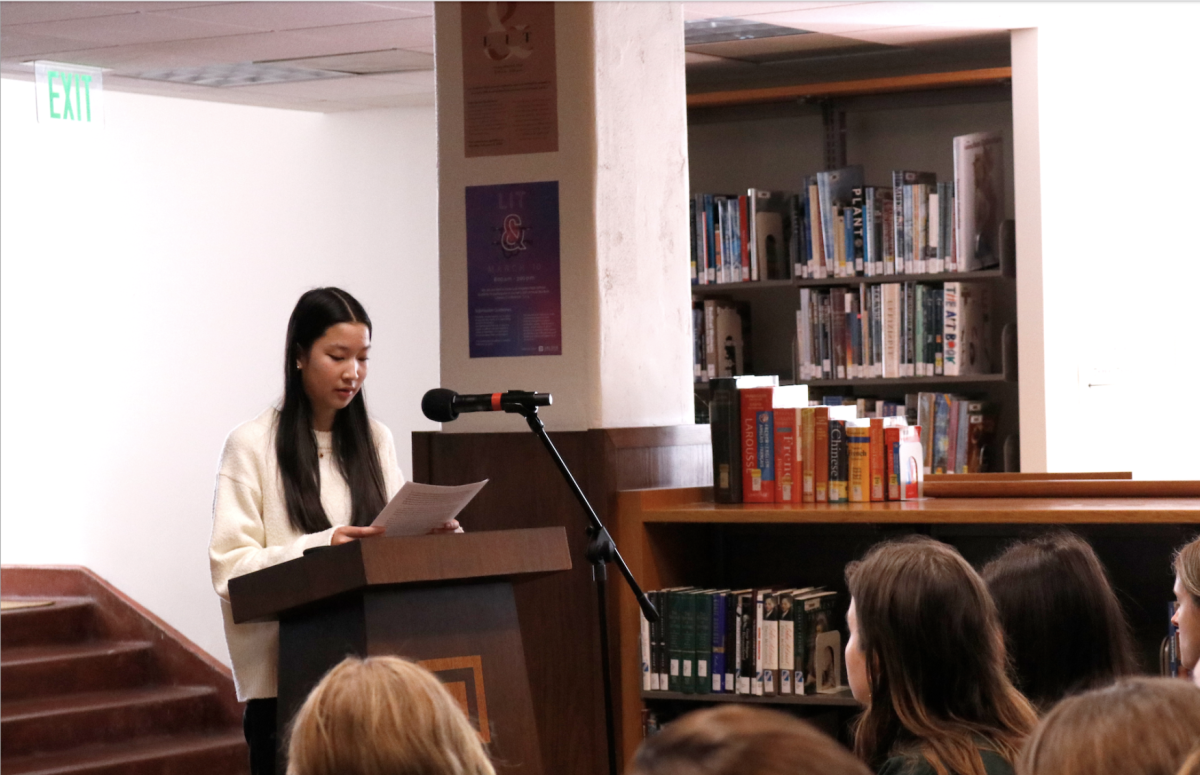









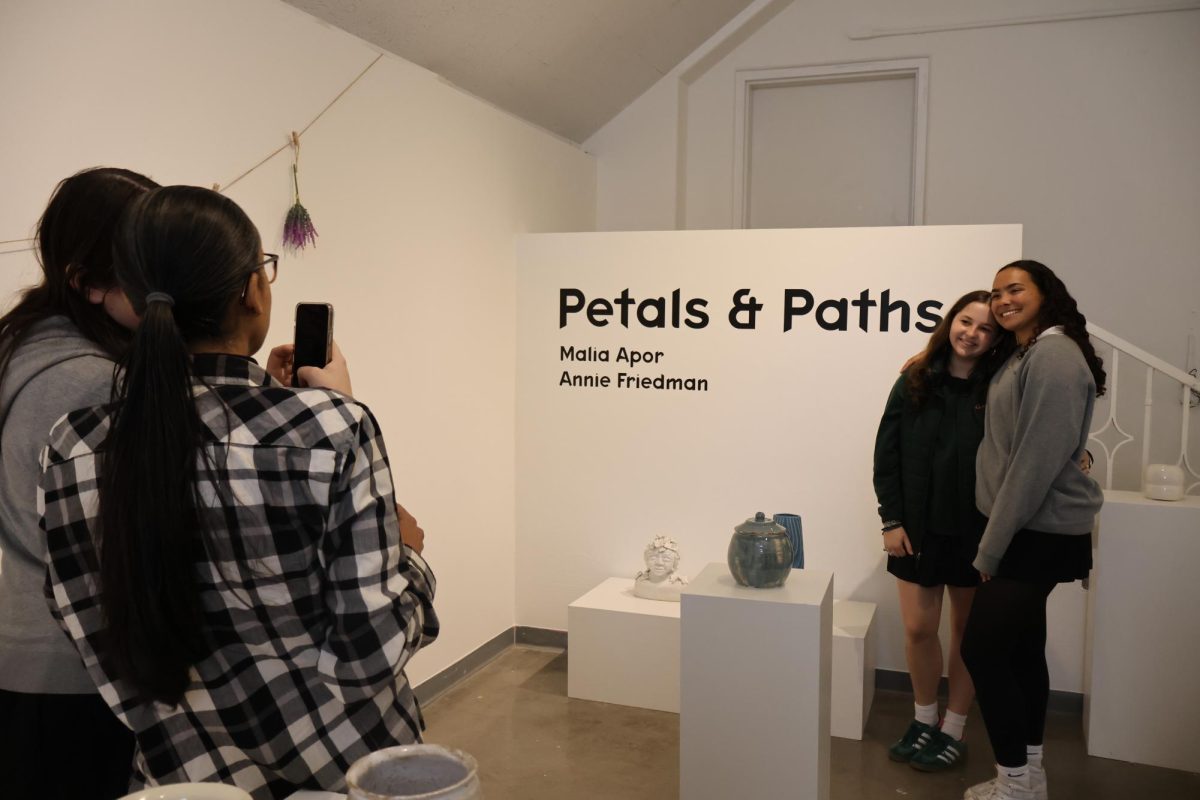








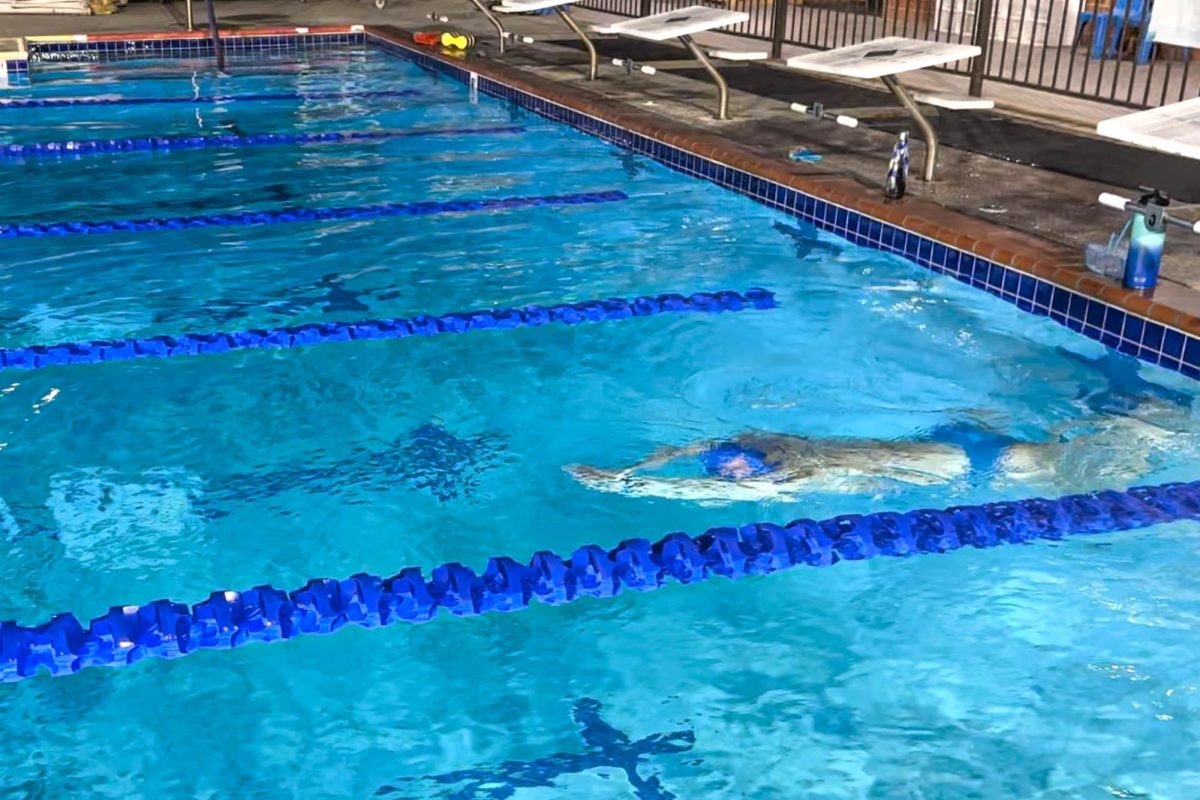
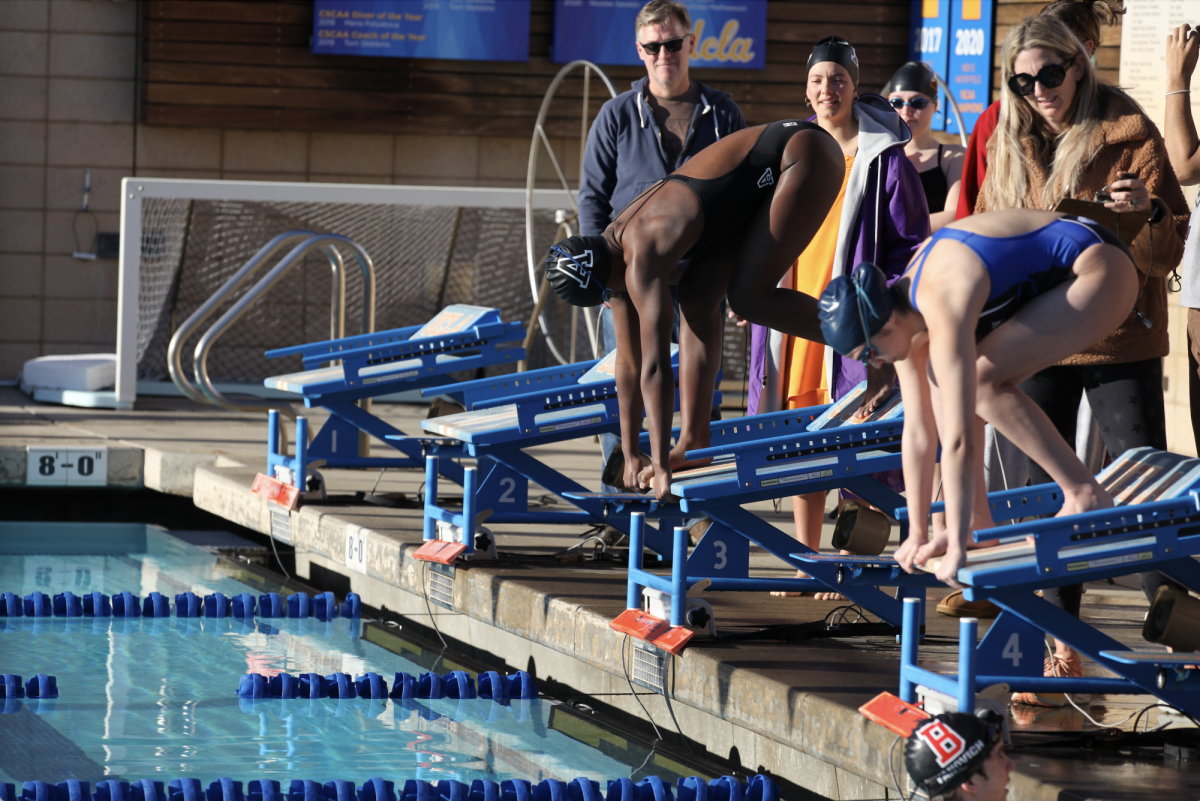

























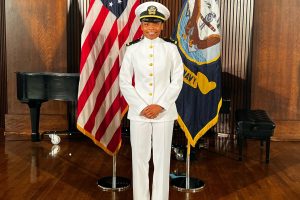



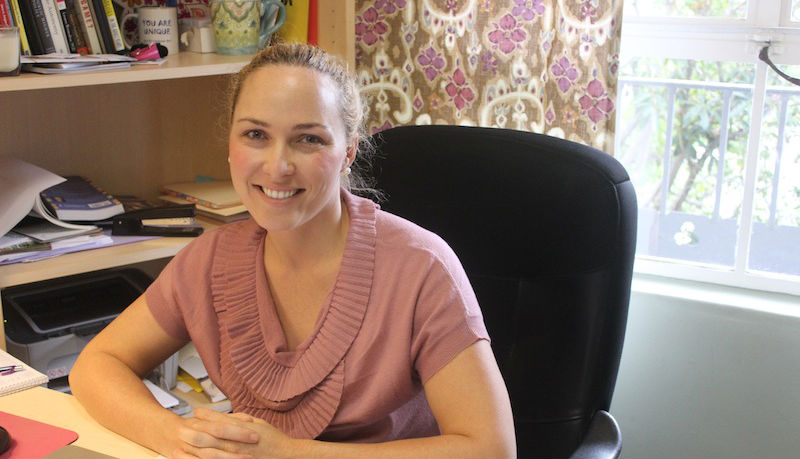
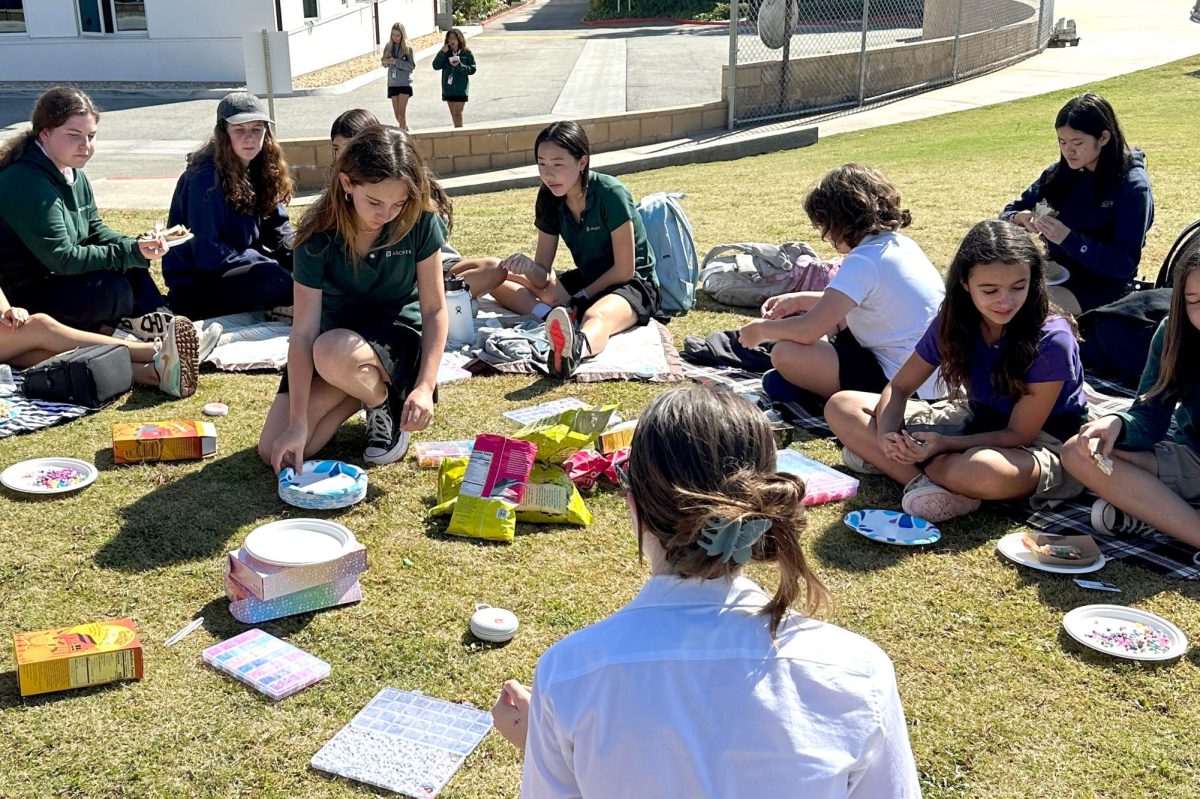
Brian Wogensen • Dec 17, 2013 at 6:56 pm
A well-crafted, informative article, Emma. Nice work.
victoria algra • Dec 4, 2013 at 4:43 pm
Wonderful article.So important to be recognised What a difference it makes in the self worth of the child. Somehow I already knew my Ms.Catie was fabulously gifted..she’s a powerful proff of tanacity. Did I spell that right? The future is bright!
Catie Chase • Dec 4, 2013 at 3:06 pm
Thank you Emma for shedding light on this important message!